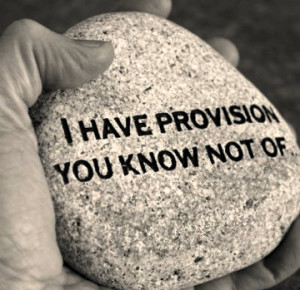Rend your heart and not your garments.
Joel 1:20
Even the wild animals pant for you; the streams of water have dried up and fire has devoured the pastures in the wilderness.
Even the inferior creatures instinctively showed their suffering for the peoples’ transgression. And what better are we than beasts, if we never cry to God but for food and wine, and complain of the want of the delights of sense? Yet their crying to God in those cases, shames the stupidity of those who cry not to God in any case.
Rend your heart and not your garments. Return to the LORD your God, for he is gracious and compassionate, slow to anger and abounding in love, and he relents from sending calamity.
There must be outward expressions of sorrow and shame, fasting, weeping, and mourning; tears for trouble must be turned into tears and disgust for the sin that caused it. But rending the garments would be vain, except their hearts were rent by abasement and self-abhorrence; by sorrow for their sins, and separation from them. There is no question but that if we truly repent of our sins, God will forgive them; but whether he will remove affliction is not promised, yet the probability of it should encourage us to repent. His promises are real answers to the prayers of faith; with him saying and doing are not two things.
1. Is there a connection between the sense of pain and loss in our hearts as we are convicted of sin and the pain of Christ on the cross for the sins of the world?
2. Why are we allowed to feel pain for sin?
3. Can the pain of sin be good?


